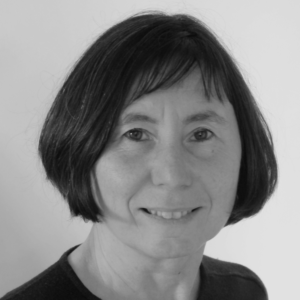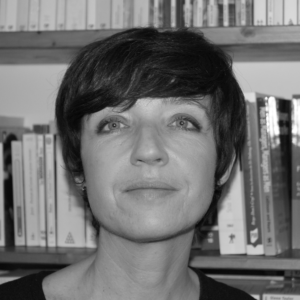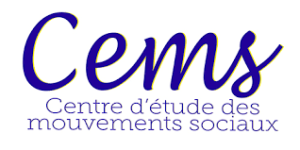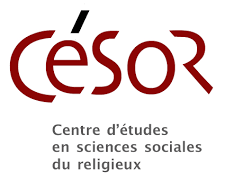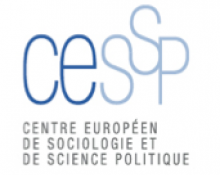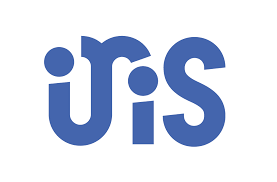Research
Dissertation and thesis supervisors
The search engine for dissertation and thesis supervisors, as well as their personal pages are only available in French. By clicking below, you will be redirected to the French version of our website.
Affiliate members
Affiliate members of SGSST are:
- Members of the teaching team who have supervised one or more Master’s dissertations or doctoral theses in the two years preceding the current academic year, and who have applied to be affiliated;
- SGSST doctoral students (enrolled in the SGSST doctoral training programme and automatically affiliated);
- Affiliated doctoral students, that is doctoral students supervised by an SGSST supervisor, whose research centres primarily or partially on questions of gender and sexuality, and who have applied for affiliation.
SGSST affiliates can apply to the doctoral students’ support fund or to the teaching and research support fund. The call for applications for affiliation is opened once a year (sent to those eligible to apply once, by email).
Some affiliate members (personal pages are only available in French – by clicking on an affiliate member’s name, you will be automatically redirected to the French version of our website):
Participating research units
Six mixed research units (UMR), all partly administered by EHESS, contribute to the School, with faculty participating in the teaching team as seminar leaders or as dissertation or thesis supervisors.

